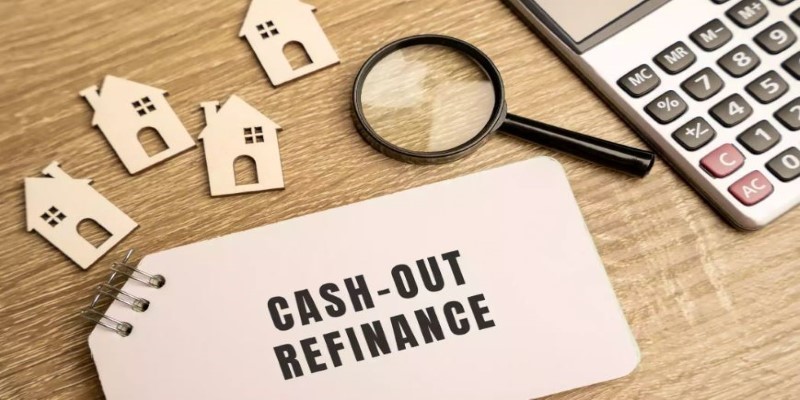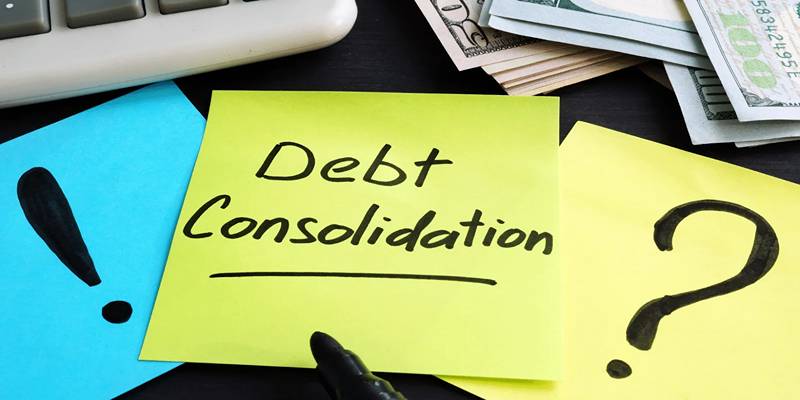Reverse mortgages are designed to offer financial flexibility to seniors who wish to convert part of their home equity into usable funds without selling their property. However, where financial transactions are involved, fraud is never far behind. Reverse mortgage scams have become increasingly common, particularly targeting older homeowners who may be unfamiliar with the intricate financial details these loans involve.
Understanding how to spot and avoid reverse mortgage scams is critical for any homeowner considering this financial tool. Identifying red flags early can prevent devastating financial loss, potential foreclosure, and emotional distress.
Recognizing the Signs of a Reverse Mortgage Scam
Spotting a scam begins with knowing the classic warning signs. Here are several indicators that someone might be attempting to perpetrate reverse mortgage fraud:
- Unsolicited Contact: If a homeowner receives a phone call, mailer, or visit offering a reverse mortgage they did not request, it should raise immediate suspicion.
- Promises of "Free Money": Reverse mortgage proceeds must be repaid eventually. They are not free money, and anyone claiming otherwise is being deceptive.
- Pressure Tactics: Fraudsters often push homeowners to make quick decisions, discouraging consultation with family or financial advisors.
- Vague Explanations: A legitimate reverse mortgage lender should provide clear, detailed explanations. A lack of transparency signals danger.
- Demands for Upfront Fees: Charging fees before providing services or information is a common tactic among scammers.
- Exclusive Offers: Being told that only a specific lender can handle the loan should prompt immediate skepticism.
- Financial Product Tie-ins: Some scams involve pushing unnecessary financial products alongside the reverse mortgage.
- Requests to Sign Incomplete Documents: Signing documents with blank sections can open the door to fraud.
- Assurances of No Risk: Legitimate reverse mortgage counselors will explain the risks; those denying any risk are not trustworthy.
Common Reverse Mortgage Scams

Several types of reverse mortgage scams have been reported nationwide. Understanding these can help seniors avoid falling prey to deceitful schemes:
1. The Social Security Delay Scheme
Scammers often advise seniors to take a reverse mortgage to delay collecting Social Security benefits until age 70. Although delaying Social Security can result in higher payments, the cumulative costs of a reverse mortgage can outweigh these benefits. Seniors may end up with depleted home equity and little to no net financial gain.
2. Purchasing a New Home Without a Down Payment
In this scam, fraudsters present a property — often distressed or abandoned — and convince seniors to use a reverse mortgage to “purchase” the home with no money upfront. Typically, the scammer disappears after pocketing the funds, leaving the senior with a home in disrepair and a heavy financial burden.
3. "Free Income" Deception
No reverse mortgage offers truly free money. Payments received are borrowed funds, and they must eventually be repaid. Misleading homeowners about the nature of these payments is a dangerous tactic aimed at encouraging hasty, uninformed decisions.
4. Celebrity Endorsements Misuse
While some reputable companies use well-known figures for marketing, scammers also exploit celebrity images to build false credibility. Seniors should be cautious and perform their independent research rather than trusting an endorsement.
5. Excluding a Spouse from the Mortgage
In some cases, seniors are advised to list only one spouse on the reverse mortgage, ostensibly to simplify the paperwork. However, this can lead to devastating consequences if the listed spouse passes away first, leaving the surviving partner without any rights to the home.
6. Blank Document Signing
Homeowners are sometimes pressured into signing documents with blank fields under the guise of convenience. These blanks can be filled in later with fraudulent information, including transferring ownership of the property without the homeowner’s consent.
7. Contractor-Initiated Scams
Some contractors suggest using reverse mortgages to pay for unnecessary home improvements. Other, less risky options, such as home equity loans or lines of credit, may be more appropriate but are conveniently omitted from the conversation.
8. Investment Opportunity Frauds
In this scam, seniors are encouraged to use reverse mortgage proceeds to invest in insurance, annuities, or stocks. These investments often do not benefit the homeowner and serve primarily to generate commissions for the scammer.
9. Mortgage Rescue Scams
Homeowners facing foreclosure might be targeted with offers to “rescue” their situation through a reverse mortgage. Often, these solutions leave homeowners worse off, stripping them of equity or ownership entirely.
How to Avoid Falling Victim to a Reverse Mortgage Scam?

Preventing reverse mortgage scams requires vigilance, education, and skepticism. Here are several essential steps homeowners should take:
- Consult HUD-Approved Counselors: The U.S. Department of Housing and Urban Development (HUD) offers counseling through certified professionals who can explain the complexities of reverse mortgages and highlight potential risks.
- Vet the Lender Thoroughly: Homeowners should check the lender’s credentials through the Better Business Bureau and look for complaints or legal actions.
- Insist on FHA Insurance: Only Home Equity Conversion Mortgages insured by the FHA should be considered.
- Seek Multiple Offers: Comparing multiple lenders and loan offers helps homeowners recognize outliers and potential fraud attempts.
- Involve Trusted Advisors: Seniors should discuss potential reverse mortgage plans with trusted family members, attorneys, or financial advisors before committing.
- Avoid Signing Under Pressure: If anyone pressures a homeowner to sign immediately or without consulting others, that is a clear warning to walk away.
- Understand the Costs: Knowing all fees, rates, and repayment obligations can prevent being misled by unrealistic promises.
- Never Sign Blank Forms: Homeowners should ensure every document is fully completed before signing.
Conclusion
Reverse mortgages offer valuable benefits for seniors seeking financial security during retirement. However, the growing trend of reverse mortgage scams means that vigilance is more important than ever. Recognizing the warning signs, consulting trusted advisors, and proceeding cautiously can protect homeowners from falling into financial traps.
By taking the time to understand the process fully and dealing only with reputable professionals, seniors can enjoy the advantages of a reverse mortgage without risking their home or their future.












